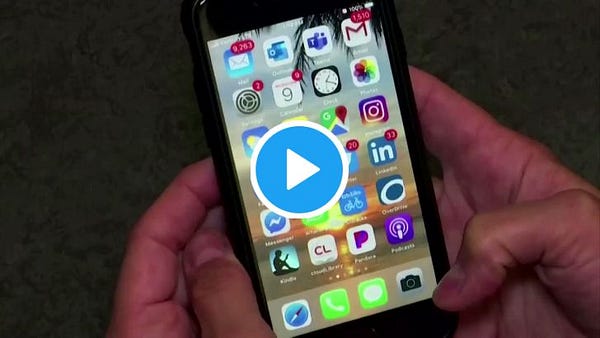The June Fourth Incident
While the public commemorations in Hong Kong of the 1989 Tiananmen Square crackdown in Beijing were technically restricted due to COVID-19 congregation regulations, China’s planned security laws threaten the future of the annual event. Residents have been asked to light candles instead, and share their thoughts online.
Boris Johnson has promised to extend an easy welcome to the almost 3 million Hongkongers eligible for U.K. citizenship if the Chinese security laws are enacted, which could happen later this month or sometime in August. Hong Kong chief administrator Carrie Lam is now accusing Johnson and other foreign leaders of “blatant double standards.” However, the situation in Hong Kong is rather unique as China imposes its will on the city.
Money falls in line


HSBC and StanChart are falling in line behind China’s security law. HSBC doesn’t shy from pushing politics in the West to gain favour from established interests — such as boycotting Alberta’s oilsands. However this latest move by the British bank — started in Hong Kong in 1865 — is added to a list of dubious actions for the bank including failing to prevent Mexican drug cartels from laundering millions of dollars and violating U.S. sanctions on Iran on behalf of Huawei.
Standard Chartered, another U.K. bank, also fell in line under pressure from China leading to condemnation from pro-democracy groups in Hong Kong.
HSBC and StanChart join Jardine Matheson and Swire — two other British multinationals with significant business dealings in Hong Kong — previously defied the urgings of the British government not to support the security law. Jardine Matheson going as far as publishing a full page ad in support of it in Ta Kung Pao, a pro-Beijing newspaper.


Do you live in part of the world where you’ll still free to share China-skeptical content on social media? Do it for those who cannot. 👇
Behind the coronavirus


The Associated Press found that the World Health Organization was praising China for containing COVID-19 in a time when the country sat on the genetic map containing crucial information about its spread. Now, a test of nearly 10 million people in Wuhan led to the discovery of just 300 positive cases, at least according to the Chinese authorities.
Logging off from China


The owner of video app TikTok is strategically shifting away from China, but the company still faces a U.S. probe for allegedly collecting information from children. Meanwhile, popular gay dating app Grindr appears to be shuffling between Chinese owners, contrary to the claim it was sold due to American security concerns.


Huawei executive Meng Wanzhou has to wait to find out her fate after a Canadian court ruled her extradition process to face charges in the U.S. could proceed. Her company has also been effectively locked out of the 5G network building process across Canada.
The last words, for now
A new app that promised to identify and remove other software that was made in China rose in popularity in India amid the current border dispute in the Himalayas. But after a reported five million downloads, Google ruled it was a violation of its Deceptive Behaviour Policy, and Remove China Apps ended up removed itself:
The China Letter will return next week. If you’re not subscribed yet, do it here:









